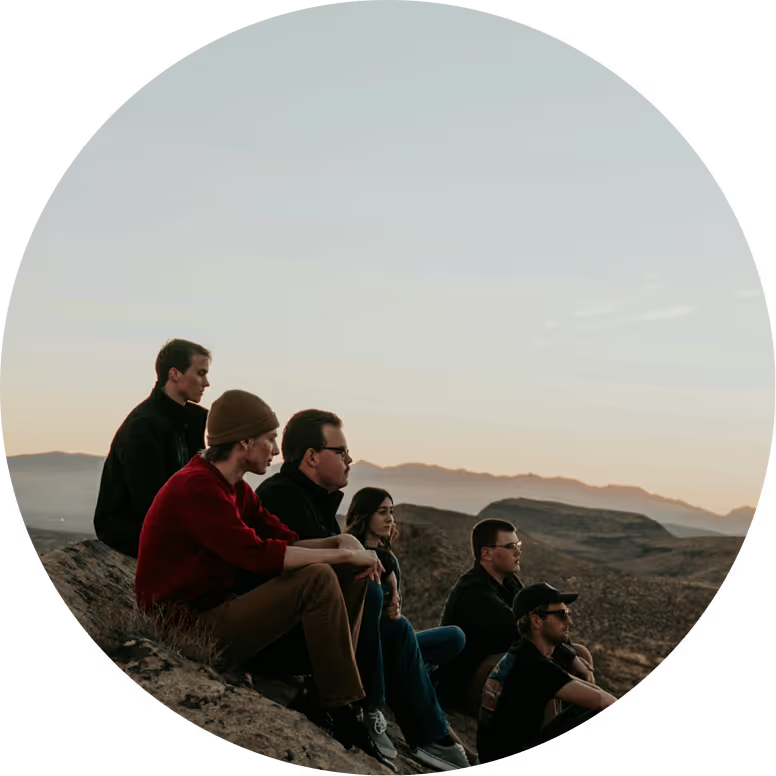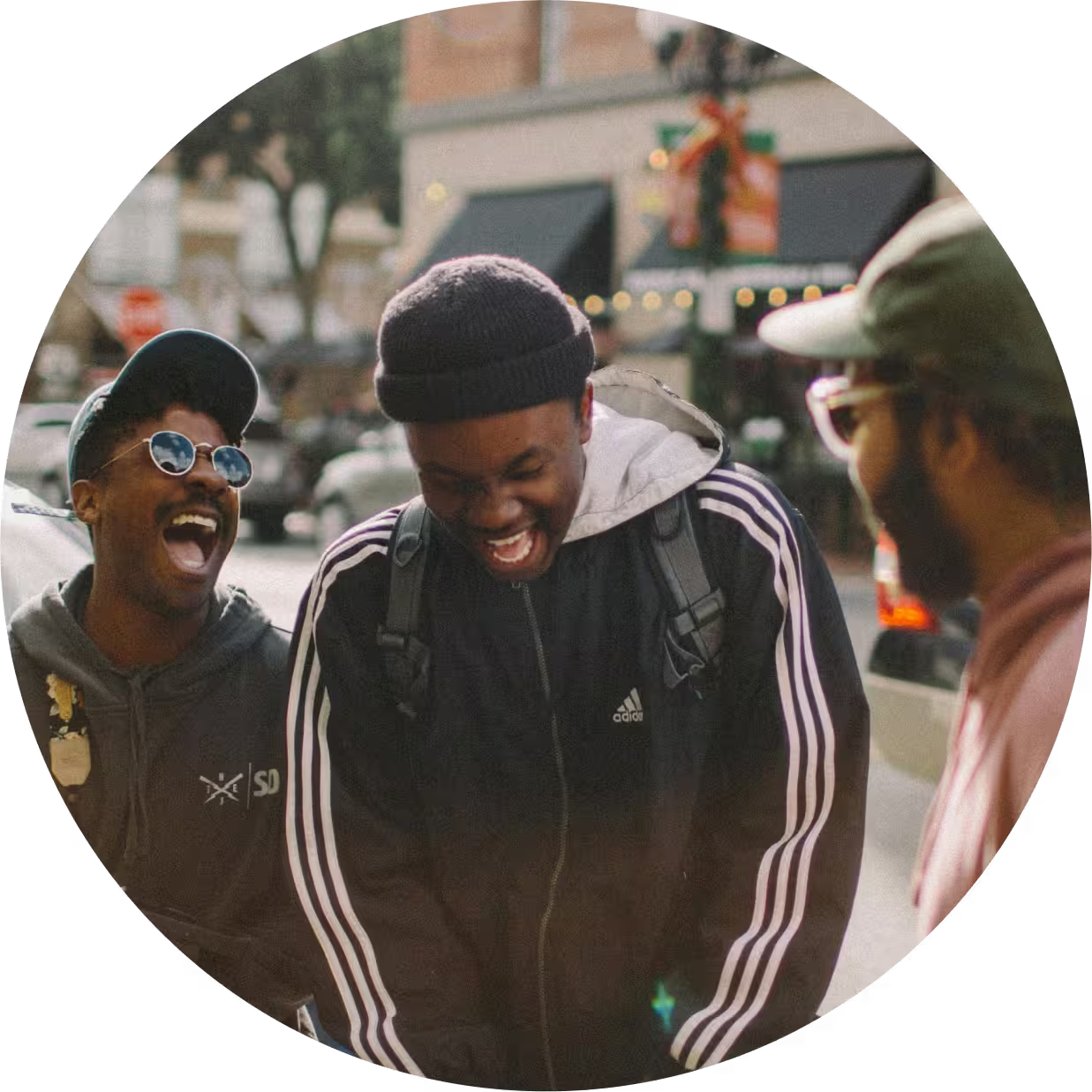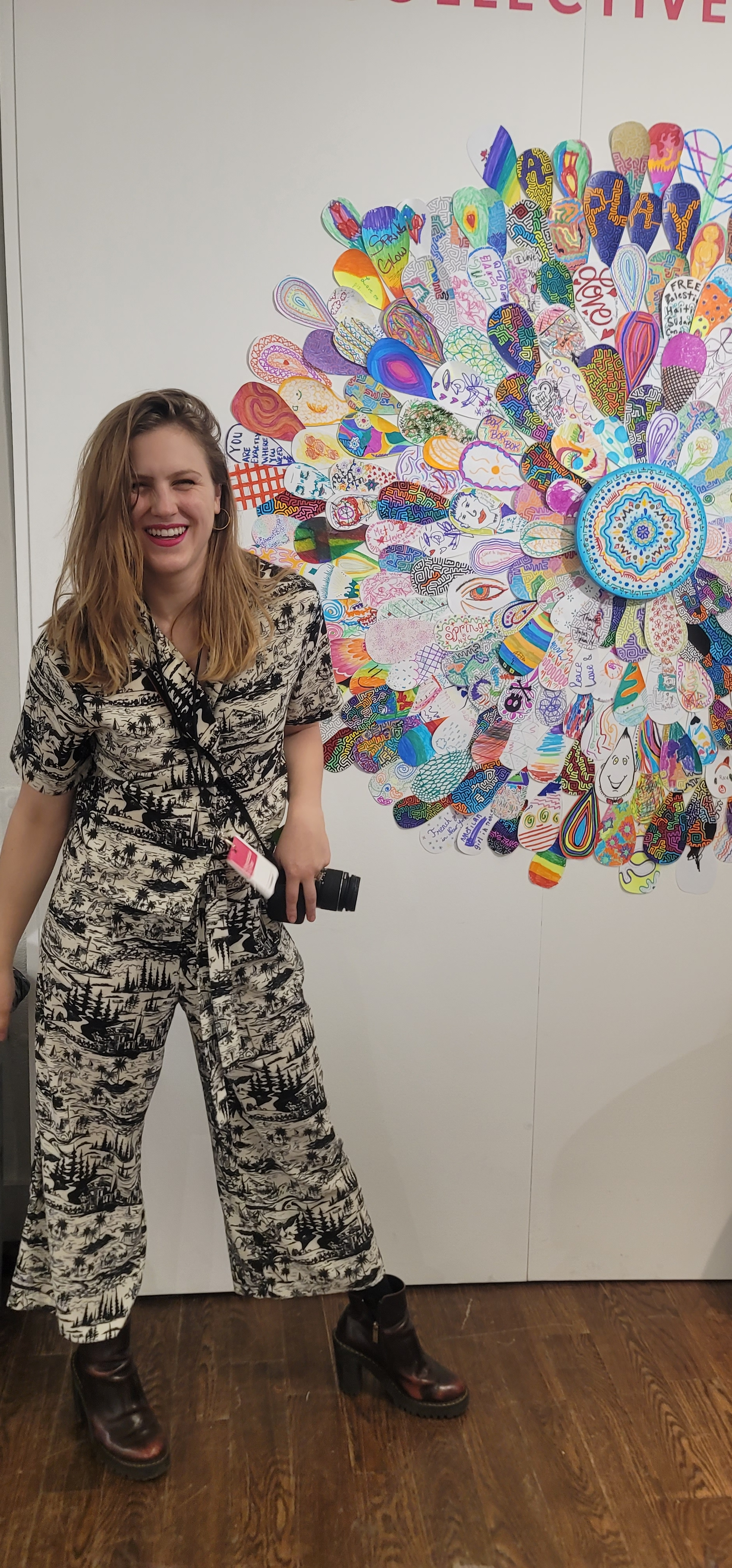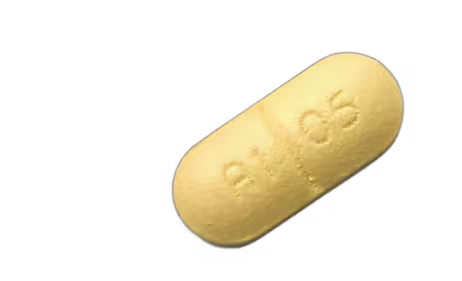

Movies brought my family together as total cinephiles, yet this same passion would slowly turn into compulsive content consumption.
College shattered my relationship with choice. Suddenly, every movie and show was at my fingertips.
Casual viewing turned into compulsive consumption, filling every gap of downtime.
Work replaced one addiction with another. Trading screens for "productivity" didn't solve anything. Anxiety crept in and followed me everywhere.
When I finally faced the truth that something had to change, eliminating constant stimulation filled the silence with big emotions.
Through support of my chosen family, I'm learning to give myself grace.

Connection is the opposite of addiction.
In Greek mythology, nostos refers to the homecoming of a hero. Meet some of today’s Nostos heroes on their journeys of recovery.

We couldn't have done it alone
Meet your Support System
Accountability Groups
It's easier to reach your goals when you're not on your own.
Build community and accountability with others through our weekly online accountability groups.
Check in regularly with your group to stay motivated and accountable.
Build lasting habits and keep yourself on track through weekly meetings.
Connect with others on the same journey. Share and celebrate your wins together.
Medication Support
Reduce cravings when willpower isn’t enough.
Quiet the noise of constant urges so you can focus on building your new life. FDA-approved medication that reduces the rewarding effects of addictive behaviors. Prescribed and monitored by licensed healthcare providers.

FDA-approved medication can help quiet the urge to engage with addictive behaviors.

Reduced cravings make it easier to build new habits and avoid returning to old ones.

With professional support, rebuild trust in yourself and your recovery.
Intensive Coaching
12 weeks. Small confidential groups. Real accountability. Lasting change.
Build lasting recovery skills in small, expert-led groups. Get evidence-based tools and forward-looking coaching alongside peers who fuel your momentum.

You're not alone
Shame grows in isolation. Healing begins with connection.
You don't have to face this struggle alone.
















Love for Nostos
I walked into therapy with my Nostos trigger journal in hand.
Because my patterns and stress points were already on paper, my therapist and I could dive straight into real work—our session felt twice as productive.”

It helped, just knowing that someone understood.
My Nostos group were the first people I ever told about my struggles. I remember crying and feeling like a huge weight had been lifted from my shoulders.

I thought I'd be trapped forever, and that quitting would be impossible.
Nostos helped me regain hope and find my way back to a life that’s worth living.

What to Expect
More questions? Connect with us at hello@nostos.health
No two cases of tech addiction look alike. In fact, no two cases of any addiction look alike. Addiction never happens in isolation—it happens to a real person with goals, dreams, and a complex history. Each person's experience with addiction is unique, just as their path to recovery will be.
Tech addiction can be particularly difficult to spot because excessive tech use has become normalized in our society—even celebrated. Just look around next time you're waiting for public transit. These days, it's unusual to see someone who isn't glued to their phone.
The devil is in the details.
Generally speaking there are six main symptoms to watch out for.
- Salience
You spend a lot of time thinking about social media or planning how to use it.
- Mood Modification
You use social media to forget about personal problems or reduce feelings of anxiety, guilt, or depression.
- Tolerance
You feel an urge to use social media more and more to achieve the same pleasure you once did.
- Withdrawal
You become restless or troubled if you're prohibited from using social media.
- Conflict
You use social media so much that it has had a negative impact on your job, studies, or relationships.
- Relapse
You've tried to cut down on social media use without success.
These symptoms, developed as part of the Bergen Social Media Addiction Scale, help identify problematic social media use patterns. Answering "often" or "very often" to at least four of these criteria may indicate potential social media addiction.
Dr. Sherer, CCO, Nostos












